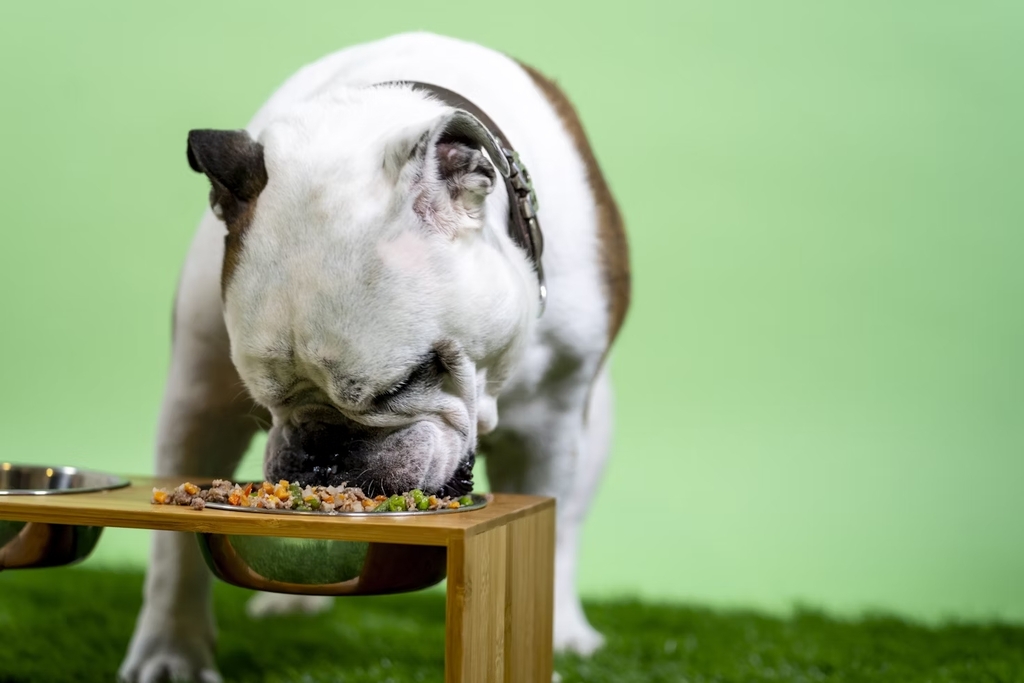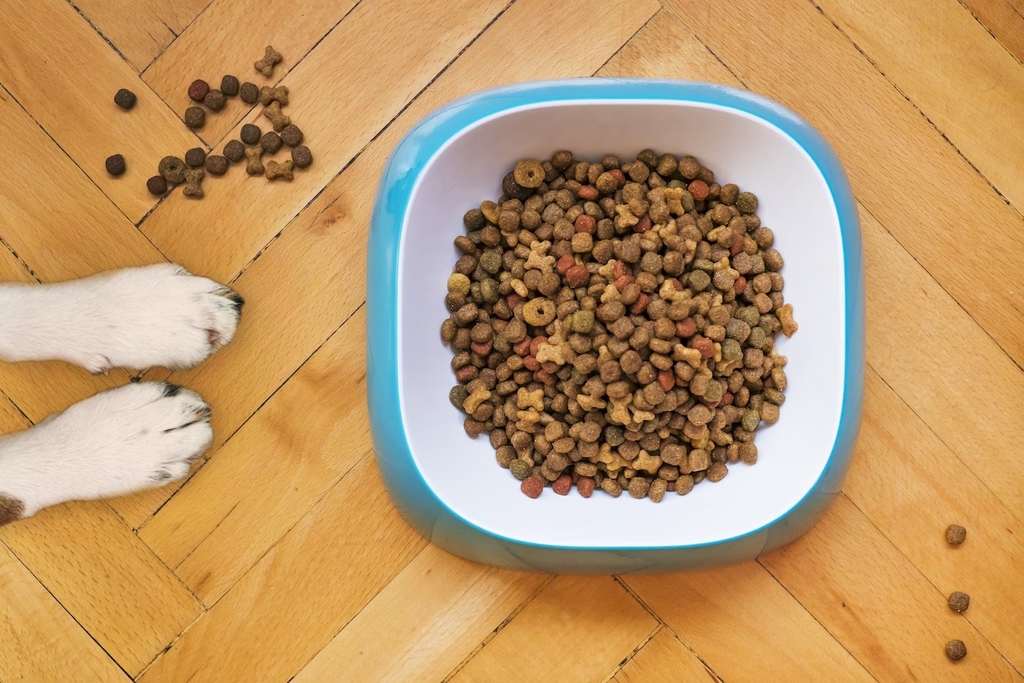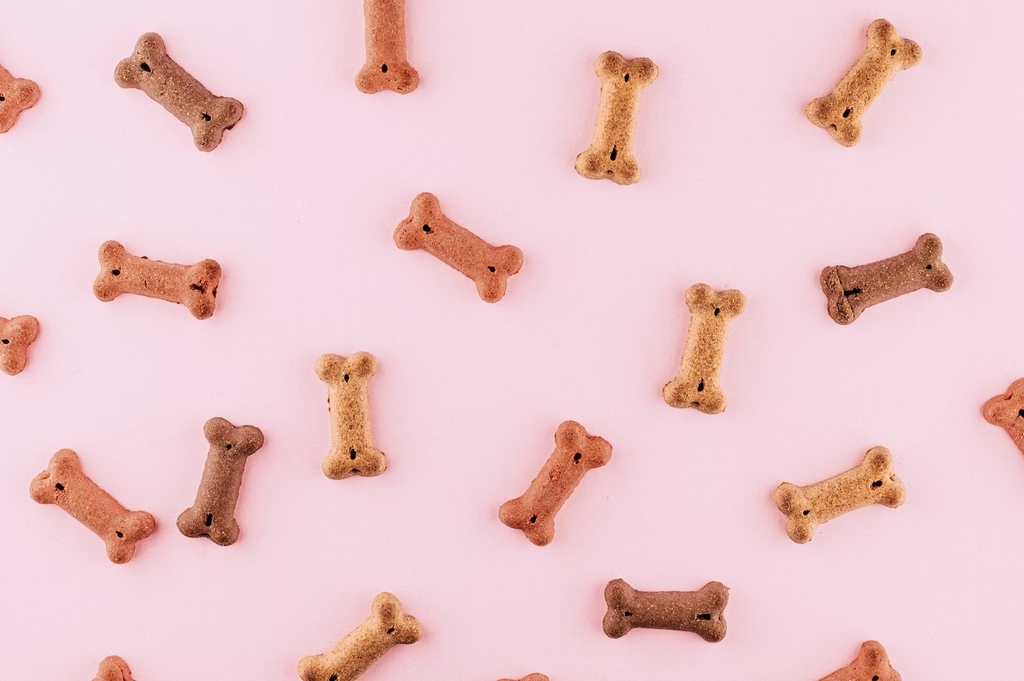
As an enthusiastic dog owner, you may want to feed your pet from your plate. Not all foods are safe for canine consumption, and neither are they created equal. Even if you follow the food rules, you may end up over-feeding your canine companion. Dogs, like humans, are prone to weight gain and related health issues.
According to pet obesity surveys, the number of overweight dogs has increased by 158% in the last decade. The extra pounds do not make your pet cute and chubby. They can lead to severe health problems and reduce the lifespan of your canine friend. Studies show that obese dogs have a significantly lower life expectancy than lean canines.
These facts and stats highlight the significance of weight maintenance in dogs. The good thing is that you can easily manage your pet’s weight by following the right diet and exercise guidelines. Nutrition is specifically crucial in this context. However, pet owners often do not know enough about optimizing nutrition except investing in high-quality dog foods.
In this article, we will share some proven dog nutrition advice to ensure a healthy weight for your furry companion.
Choose High-Quality Dog Food

This one is non-negotiable because high-quality pet foods have the best ingredients along with the promise of safety and freshness. Premium products provide essential nutrients in optimal ratios, ensuring overall health without leading to weight gain. A non-GMO product like Gentle Giants Dog Food is something dog parents should consider.
When choosing a product, dig deep into the labels for complete information about the ingredients and nutritional values. According to experts, matching the product with the age, size, and stages of life is equally essential. While some products are specially meant for puppies or seniors, others promote optimal nutrition and healthy weight for all age groups.
Research shows that the daily diet of an adult dog can have 50% carbohydrates by weight, with 2.5–4.5% coming from fiber. Invest some time and effort in researching the age-specific nutritional requirements of dogs. It can help you choose the best pet foods and tailor your pet’s diet with natural ingredients like fresh fruits, vegetables, and protein sources.
Consider Weight-Loss Formulas

While choosing a dog food, you may come across weight-management or weight-loss formulas. These products are ideal if your pet is already overweight. They are tailored for calorie reduction yet do not fall short of essential nutrients. Opting for them can support weight loss without compromising your pet’s nutritional requirements.
Choose a reputable brand and go through the product labels carefully to ensure that you know the ingredients. Consult your veterinarian before implementing any significant changes to your dog’s diet. It is even more crucial for puppies, senior dogs, and pets with specific health issues.
It is advisable to select highly nutritious treats for dogs, such as bully sticks, which can contribute positively to their overall health. Dog bully sticks are recognized for their nutritional value and potential benefits for dogs.
Practice Portion Control

Even the healthiest foods can make your canine companion overweight if you go over the top with your feeding sessions. Besides spacing them adequately, practice portion control with your pet’s diet. Remember that larger portions of food do not show extra love for your pet. Instead, they can affect the long-term health of the animal.
Establish a proper feeding routine and measure portions every time you feed your canine. You can even switch to smaller bowls as they can create an illusion of larger meals. Consult your veterinarian to determine the appropriate portion size and amount of food for your pet’s breed, size, age, and activity level. Counting calories can make your pet healthier, so don’t hesitate to do it.
Limit Treat Intake

Studies show that overweight dogs respond well to a diet high in protein and fiber. Unfortunately, most treats are anything but these nutrients if you check the ingredient list. Even healthy ones mean extra calories for your pet. The last thing you should do is reward obedience and good behavior with extra treats.
Once again, practicing restraint is the key to whether you want to show affection or provide positive reinforcement during training. Opt for low-calorie treats and limit them to a minimum. You can use small portions of regular dog food as treats. Even better, show your appreciation with a cuddle and kind words. Limiting treatment intake can prevent excessive calorie consumption for better weight management.
Schedule Timely Vet Visits

Routine veterinary checkups are essential for pets, regardless of health and weight status. Even if your dog has no specific health issues and appears fit, you must schedule regular visits. Your specialist will assess the pet’s body condition, recommend dietary adjustments, and share guidance on maintaining an optimal weight.
Additionally, regular checkups ensure early detection of underlying health issues that may cause weight gain. A proactive approach can prevent major health issues and enhance the life expectancy of your canine companion in the long run.
Encourage Regular Exercise

If your dog does not exercise enough, it may gain weight sooner rather than later. Overweight dogs often exercise less and for shorter sessions. Moreover, they miss out on a regular exercise routine. A lack of diet management and exercise can lead to canine obesity. Losing the extra pounds can be more challenging than you imagine.
Encouraging regular exercise can prevent weight gain in the first place. It can help your dog to shed pounds if it is already obese. Engage in daily walks, interactive play, or other forms of physical activity that match your pet’s breed requirements and energy levels. Besides burning calories, exercise can help maintain muscle mass. It also facilitates bonding through quality time together.
Be Mindful of Age-Related Changes

Aging leads to changes in the metabolism and activity levels of dogs. Not adjusting their diet to accommodate these changes can lead to weight gain and health problems. Most pet owners end up making this mistake, leading to obesity in senior canines.
Be mindful of these age-related changes and strategize to address them over the years. Seek recommendations from your veterinarian to tailor a nutrition and exercise plan to address the specific needs of your dog. Timely action can prevent weight gain and ensure canine health.
Conclusion
In conclusion, weight management requires proper dog nutrition, portion control, and regular exercise. Also, veterinary guidance can help you promote optimal canine health in the long run. By integrating these essential tips into your pet’s lifestyle, you can help it live a longer, healthier, and more active life.
Explore Further:











